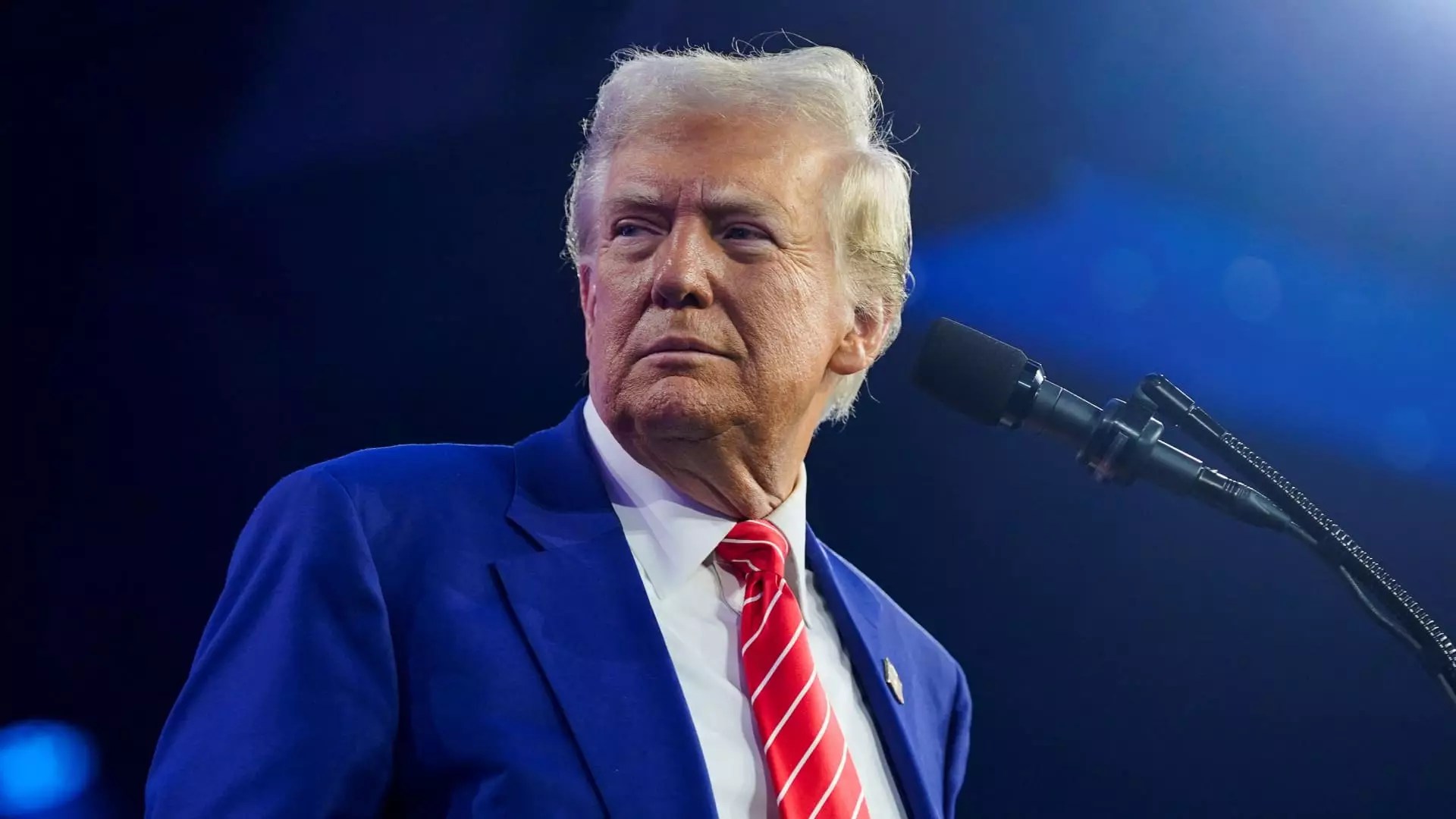The appointment of prominent tech leaders to key positions in the incoming Trump administration signals a significant shift in the relationship between Silicon Valley and the federal government. Unlike the often adversarial stance observed during his first term, this new engagement portrays an era where technologists are not merely players in the economy but essential stakeholders in governance. President-elect Donald Trump’s recent nominations underscore an intention to harness the expertise of the tech sector, culminating in a modern blend of politics and technology.
Among the high-profile picks is Scott Kupor, managing partner at Andreessen Horowitz, who has been nominated for the role of director of the Office of Personnel Management (OPM). Kupor’s extensive experience in venture capital and his appreciation for innovative recruitment strategies promise a fresh approach to sourcing talent within the federal workforce. His previous engagements and thanks to platforms like X (formerly Twitter) may steer a new narrative on operational efficiency in government.
Furthermore, Trump’s choice of Sriram Krishnan as senior policy advisor for artificial intelligence (AI) reflects a keen understanding of the pivotal role technology plays in contemporary governance. Krishnan’s extensive background—from Microsoft to his recent role at Meta—equips him with the nuanced perspectives required to address the intricacies of AI regulation and innovation. Pairing him with prominent figures like Elon Musk, who remains a powerful influence and advisor, creates a formidable team capable of pushing forward a pro-technology agenda.
Musk and the Rise of New Initiatives
Elon Musk’s integration into the fabric of Trump’s administration raises questions about the intersection of corporate and political power. His involvement extends beyond mere advisory roles; he embodies a cultural shift where tech moguls are regarded as pivotal voices in policy-making dialogues. This creates an environment where ambitious initiatives, like the Department of Government Efficiency (DOGE), can thrive under the auspices of tech enthusiasts aiming to streamline government processes and reduce bureaucratic overhead.
As this new commission seeks to enforce austerity measures and minimize regulation, it reflects a broader ambition to transform how government interacts with the private sector. The implications of such movement could fundamentally reshape not just how the government operates but also how technology firms engage with federal institutions.
The reception of Trump’s appointments by prominent tech leaders highlights a dramatic reversal of fortunes for the GOP in Silicon Valley. Leaders who were once critical of Trump’s policies seem to have recalibrated their stance, now rallying behind the administration. For example, figures like David Marcus and Aaron Levie expressed optimism through social channels, framing these appointments as strategic and beneficial for the tech ecosystem.
Moreover, major tech companies have aligned with Trump, showcasing a level of support markedly different from his first term — an era characterized by scrutiny and opposition from the tech elite. Donations from industry giants like Amazon, Meta, and OpenAI’s Sam Altman illustrate a newfound camaraderie. This collaborative spirit marks a striking contrast to the challenges faced previously, suggesting a thawing of relations that could allow for more constructive dialogues between tech leaders and policymakers.
As the new administration prepares to take the helm, the implications of these appointments stretch far beyond the immediate impact on policy. They signal a transformative moment where the marriage between technology and governance can yield innovative practices and improve efficiency in public service. Yet, as this new paradigm develops, it beckons a critical examination of how closely intertwined the interests of the tech elite could become with public policy, demanding vigilance to ensure that the needs of the general populace remain at the forefront. The trajectory of this collaboration will be pivotal as we witness the unfolding of Trump’s second term, laden with potential and fraught with complexities unique to this tech-driven era.


Leave a Reply